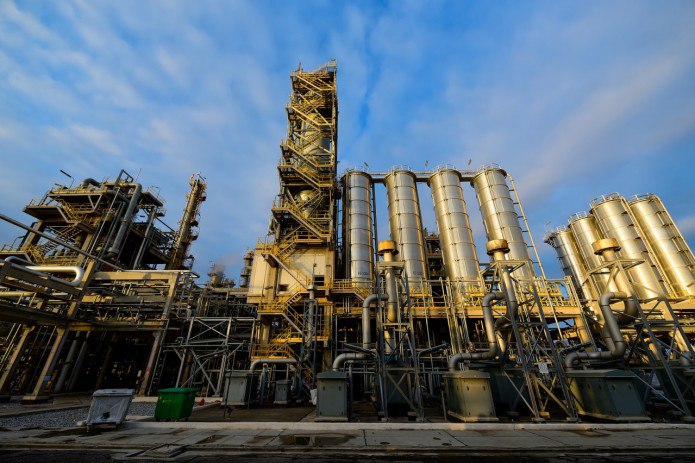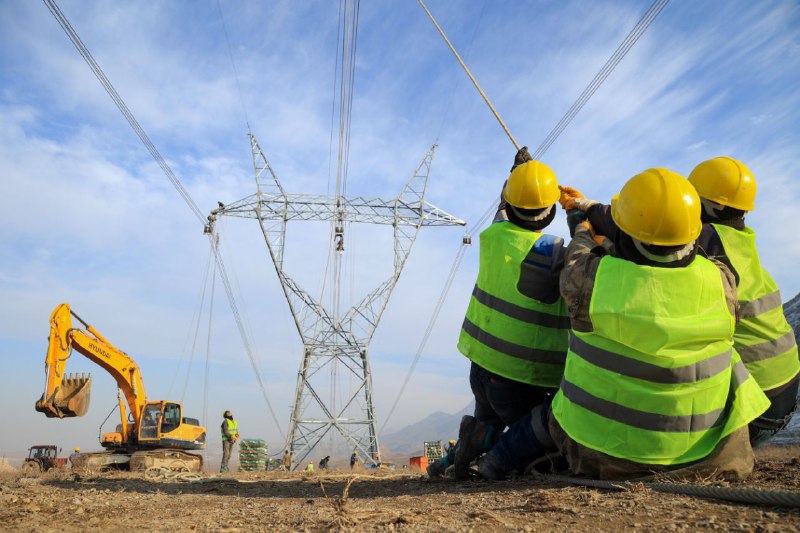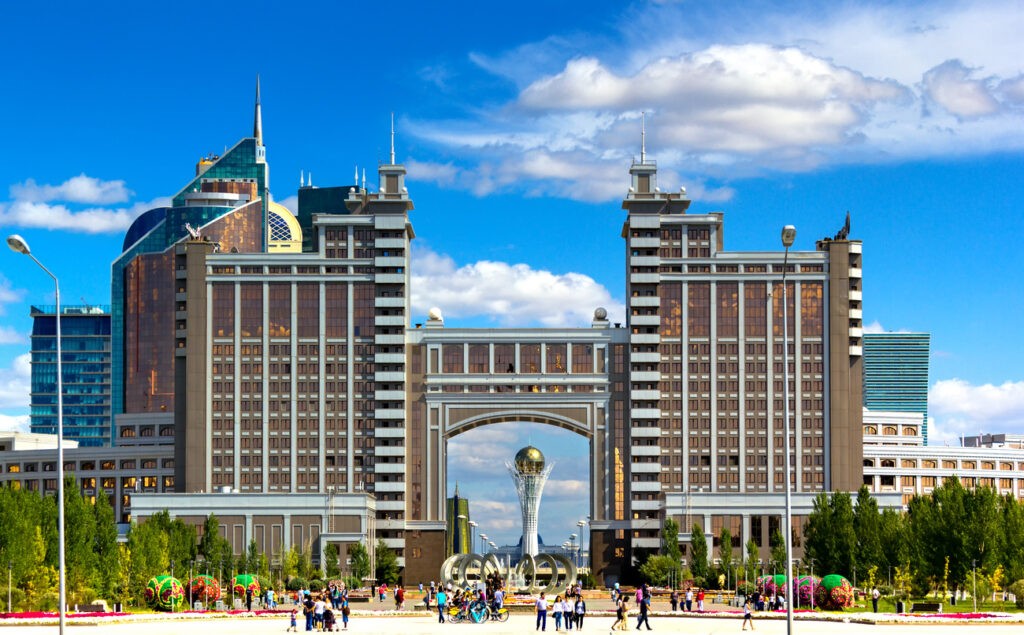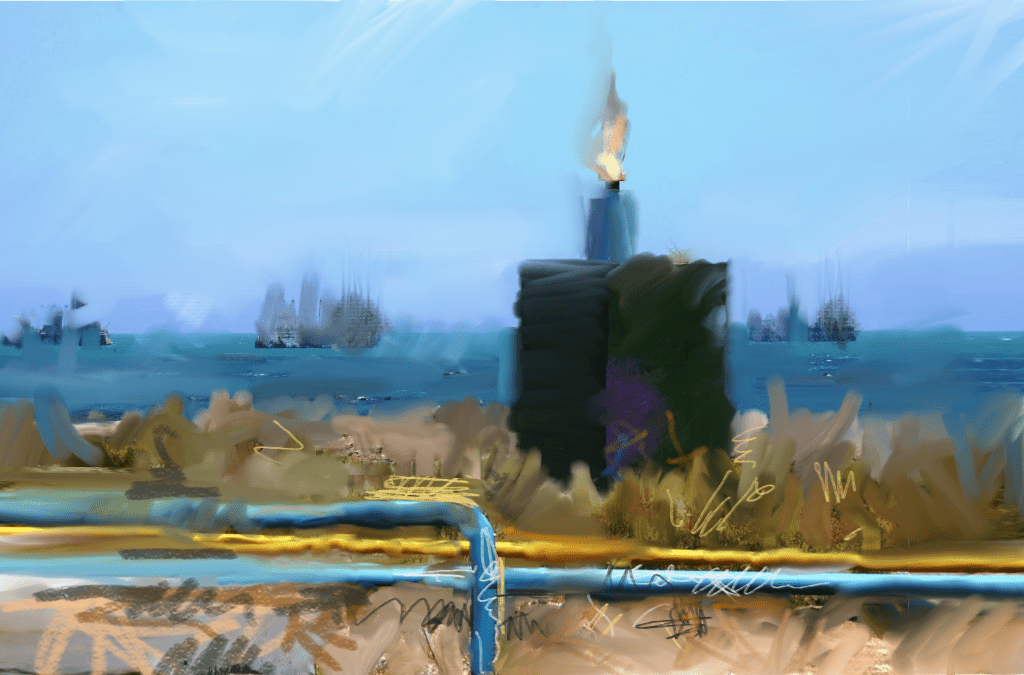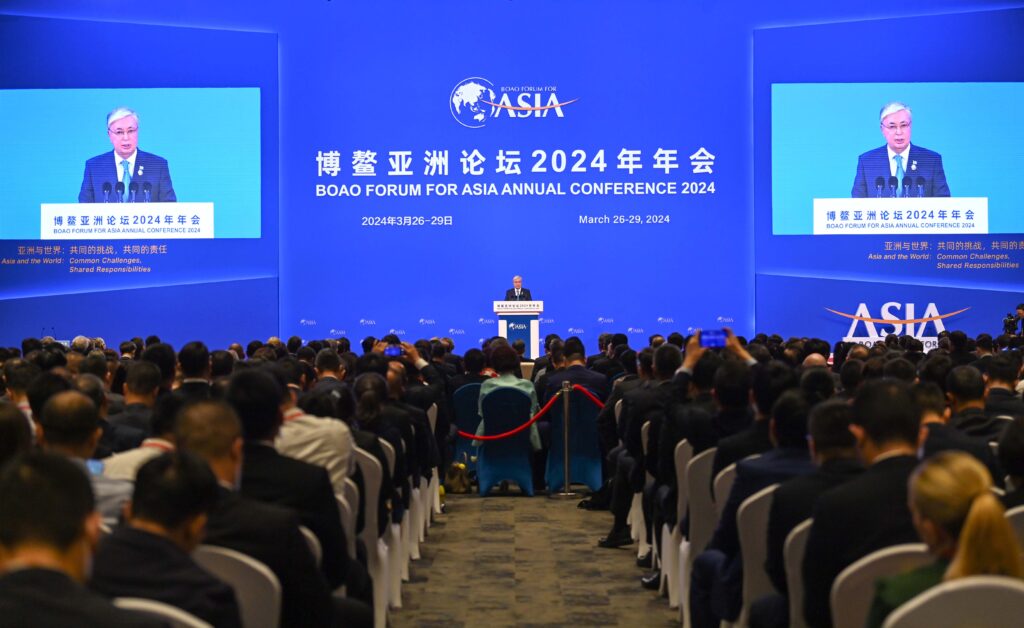Uzbekistan Aims to Become One of World’s Largest Producers of Olefins
Uzbekistan's largest private oil and gas company, Sanoat Energetika Guruhi (Saneg) will build a gas chemical plant to produce olefins from methanol. The work will be done in partnership with the Chinese state-owned energy giant, Sinopec. The complex will utilize natural gas from the Mubarek fields. Olefins are raw petrochemical materials used for a range of polymer products, such as plastics and films. The $3.3 billion plant will be able to process 1.3 billion cubic meters of natural gas by 2026. About 44% of the production will be exported, mainly to China and Turkey. In addition, the project will make it possible to produce value-added products from natural gas rather than simply burning it for energy or exporting it. The construction of the complex will also stimulate the development of related industries. The Karakul free economic zone in the southeastern Bukhara region will house plants producing textiles, carpets, footwear, plastic pipes and fittings, and other polymer products. "Uzbekistan's gas-chemical complex plans to produce 300,000 tons of polyethylene terephthalate annually, 350,000 tons of polypropylene, and other materials. This is expected to reduce the country's imports of polymers by $500 million a year and attract $350 million a year from their exports," said Bakhodyr Khafizov, director of the Karakul free economic zone. Saneg representatives said that, according to a marketing study, annual polymer consumption in Uzbekistan is now 5.5 kilograms per capita, far below that of other developing economy peers. For example, that figure in Turkey is 23 kilograms, meaning that the Uzbek domestic market shows significant room for expansion. However, there may be problems with exporting polymers abroad, as Uzbekistan has no direct access to the sea. In this regard, production will require additional investments taking into account overland logistics.


